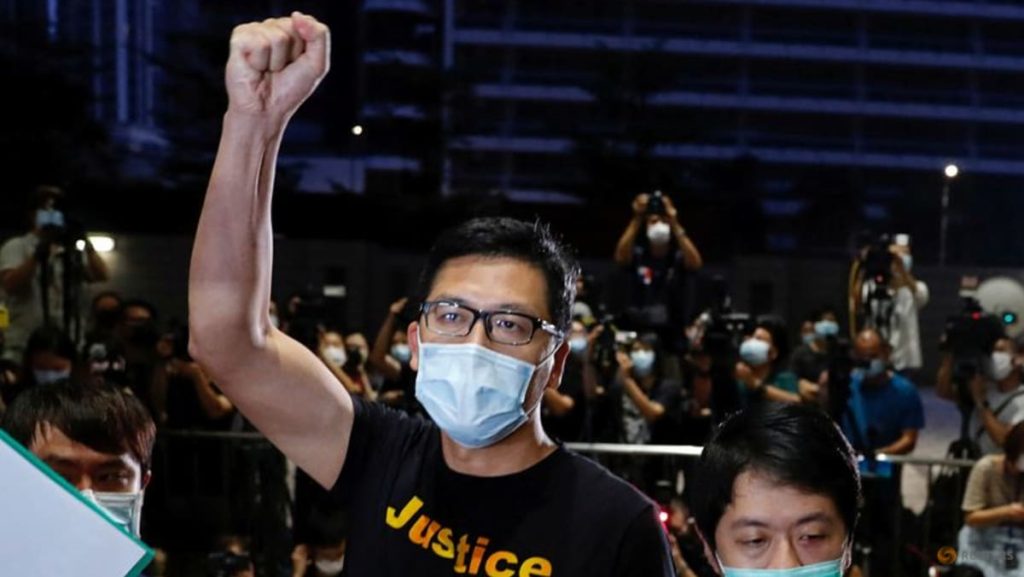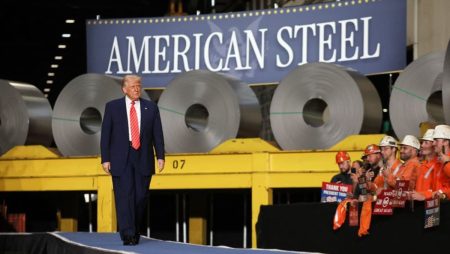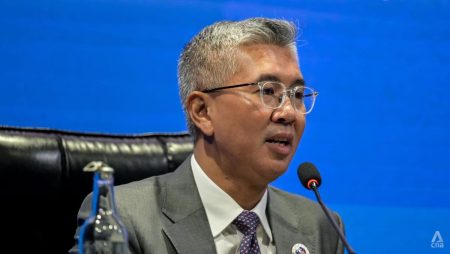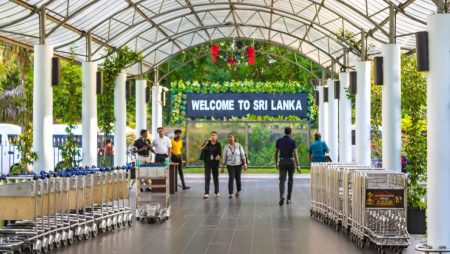The conviction of prominent Hong Kong pro-democracy figure Lam Cheuk-ting on rioting charges marks another milestone in the ongoing crackdown on dissent following the 2019 protests. Lam, a former lawmaker and long-time member of the Democratic Party, was found guilty of rioting in connection with the July 21, 2019 Yuen Long MTR station attack, where a mob of white-shirted men assaulted commuters and journalists. The incident became a flashpoint in the 2019 protests, highlighting the escalating tensions between pro-democracy activists and those perceived as pro-establishment. Lam’s conviction, despite his claims of attempting to mediate and assist those being attacked, further underscores the shrinking space for political opposition in Hong Kong.
The Yuen Long attack itself remains a contentious event. While several members of the white-shirted mob were previously jailed for rioting and assault, Lam’s conviction frames the incident through a different lens. The court’s dismissal of Lam’s defense that he was present to de-escalate the situation, instead portraying him as an instigator seeking political gain, reflects the prevailing narrative advanced by the Hong Kong government and Beijing. This narrative emphasizes the need to maintain order and stability, often at the expense of dissenting voices and perspectives.
The judge’s decision to convict Lam, despite his injuries sustained during the attack, signals the judiciary’s alignment with the government’s broader crackdown on dissent. The conviction sends a chilling message to those who participated in the 2019 protests or continue to express views critical of the government. It reinforces the perception that even attempting to mediate or assist victims of violence can be construed as participation in illegal activities, thereby silencing potential opposition and discouraging public engagement in political discourse.
This conviction occurs within the context of a wider campaign to suppress dissent in Hong Kong. Following the 2019 protests, the government, with the backing of Beijing, has implemented sweeping national security laws, leading to the arrest and imprisonment of numerous pro-democracy activists, journalists, and politicians. Civic organizations and media outlets critical of the government have been forced to close, and electoral reforms have effectively eliminated opposition voices from the political landscape. This systematic dismantling of democratic institutions and freedoms has drawn international criticism, particularly from Western nations like the United States, but Hong Kong and Beijing authorities maintain that the measures are necessary to restore order and stability.
Lam’s conviction also highlights the precarious position of individuals caught between the opposing forces in Hong Kong’s political landscape. His injuries during the Yuen Long attack underscore the real violence that unfolded that night. Yet, rather than being recognized as a victim or a mediator, he is now labelled a rioter. This effectively criminalizes attempts at peaceful intervention and reinforces the narrative that any involvement in protests, regardless of intent, is subject to severe repercussions under the new legal framework.
The ongoing crackdown in Hong Kong, exemplified by Lam’s conviction, raises concerns about the future of civil liberties and the rule of law in the territory. The erosion of fundamental freedoms, the silencing of dissent, and the reshaping of the political landscape represent a significant departure from the “one country, two systems” framework that was meant to guarantee Hong Kong’s autonomy. The international community continues to grapple with the implications of these developments, as Hong Kong’s status as a global financial hub and a beacon of relative freedom in the region hangs in the balance. The long-term consequences of this crackdown remain uncertain, but the chilling effect on political expression and civic engagement is undeniable.










